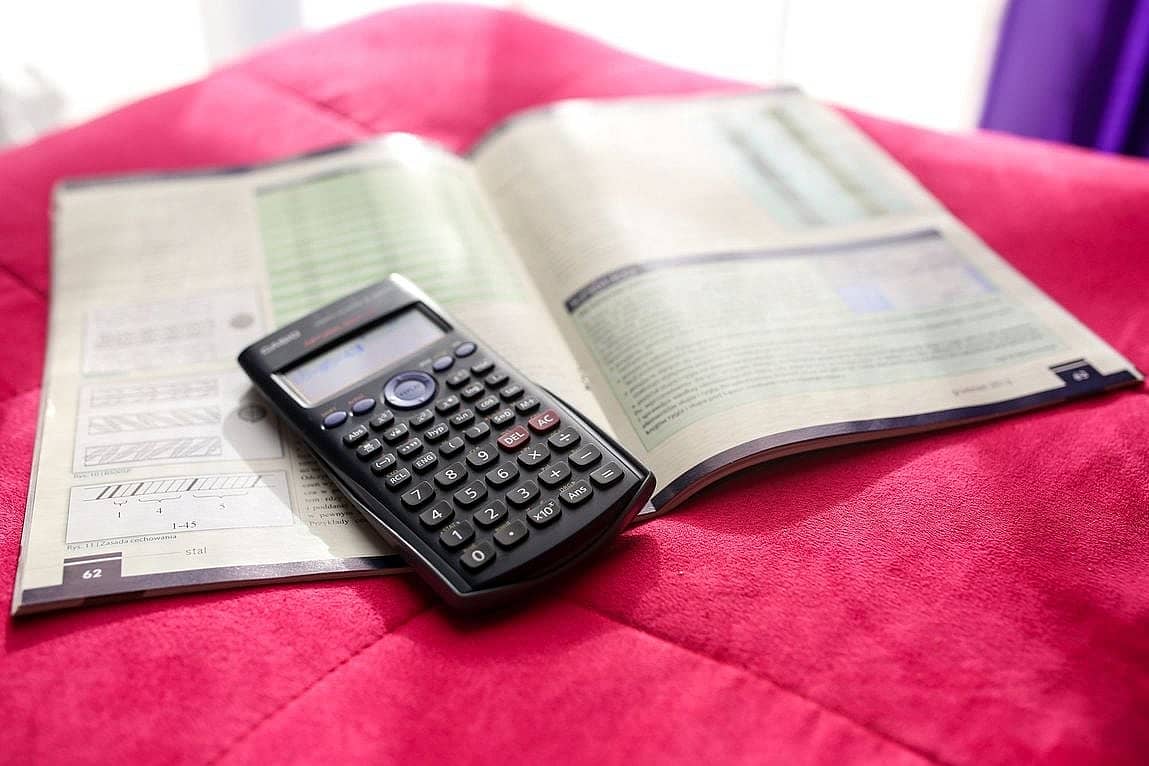When my daughter was in high school, her physics teacher lamented that while she was not afraid of the most complex physics problems, she was stymied by remembering to bring a pencil to class. Oh that darn pencil. I had heard that before. In an earlier English class, I had heard what a gifted and beautiful writer she was, but that it was hard to give her an A after she had left half of a paper sitting in the printer at home, forgetting to ever turn it in. And then there was the time that she and I did a mad, early morning dash to her school to look for her graphing calculator which she needed if she was going to successfully face an algebra test. I found it on a random counter in a science classroom, and she went on to ace the test; we both were a little worse for wear, however.
For many years, she and I had had a system that worked. We had to get out of the house early to accommodate my schedule as a working, single parent. I managed my stress by being ultra organized. When she was little, I laid out her clothes, packed her backpack, and made it easy for both of us to get up and go. Looking back on it, we probably got stuck in a routine that, while expeditious, should have been more flexible as she got older, allowing her to grow and take on an increasing degree of accountability for her own needs. As it turned out, when the time came for her to be responsible for her own time and materials, she wasn’t so good at it! She was able to learn these skills, albeit a little late, and the good news is that now, at age 25, she is a responsible adult who is a college grad and successfully launched and working in NYC. The bad news is that acquiring the skills at a late age was not without costs, and I know that I bear some responsibility for the stresses both she and I experienced along the way.
I think most parents can relate. Who doesn’t want their child’s next day at school to be hunky-dory? Wouldn’t we all prefer to avoid stress and confrontation? When I recently attended the NATSAP conference (National Association of Therapeutic Schools and Programs) in Tucson, I think I blushed a little as I sat in the conference on Building Parental Resilience: Addressing Social Trends Of Indulgence And Enmeshment in The Family System. It certainly resonated. I have learned over the years that when my daughter was missing her graphing calculator, my response should have been to drop her off at school at the regular time, perhaps helping her problem solve a bit, instead of going crazy to accommodate her; allowing her to struggle a little and feel the stress associated with misplacing the calculator, even if meant her getting a poor grade on her test, would actually have served her better in the end. Kids learn from natural consequences, not from having their moms rush to protect them and make their worlds safe in every way. While it would have been uncomfortable for us both, struggles such as this would have ultimately been empowering for my daughter.
At NATSAP, I heard what clinicians and researchers are realizing more and more- that when parents have done “too much” for their children, young people are not only ill equipped to face challenges in the world but, in fact, they often struggle with anxiety when asked to do so. In protecting a child from the harsh realities of the world, a parent unwittingly contributes to the young person’s sense he is ill equipped to face the world on his own. How ironic it is that our attempts as parents to help our children, which are offered with the most loving of intentions and in the best of faith, can result in disempowering them and prevent them from learning the skill sets which they most need to face life head on.
At McMillan Education, as we work with families to right educational trajectories gone off course, our initial goal often consists of finding the environment that will equip students with the skills and strategies that will enable them to move forward successfully and, ultimately, face the world’s challenges on their own. While this shifting of power sometimes causes an initial sense of disequilibrium and discomfort in families, in the end, it positions students to acquire the skills necessary to navigate their educational journeys successfully.


